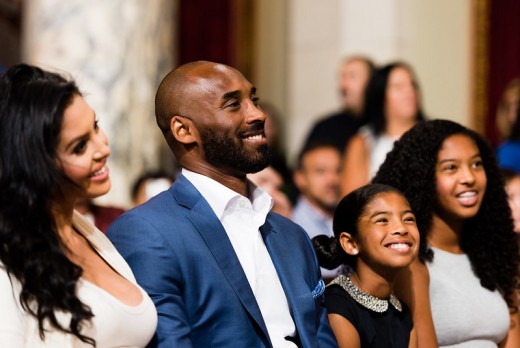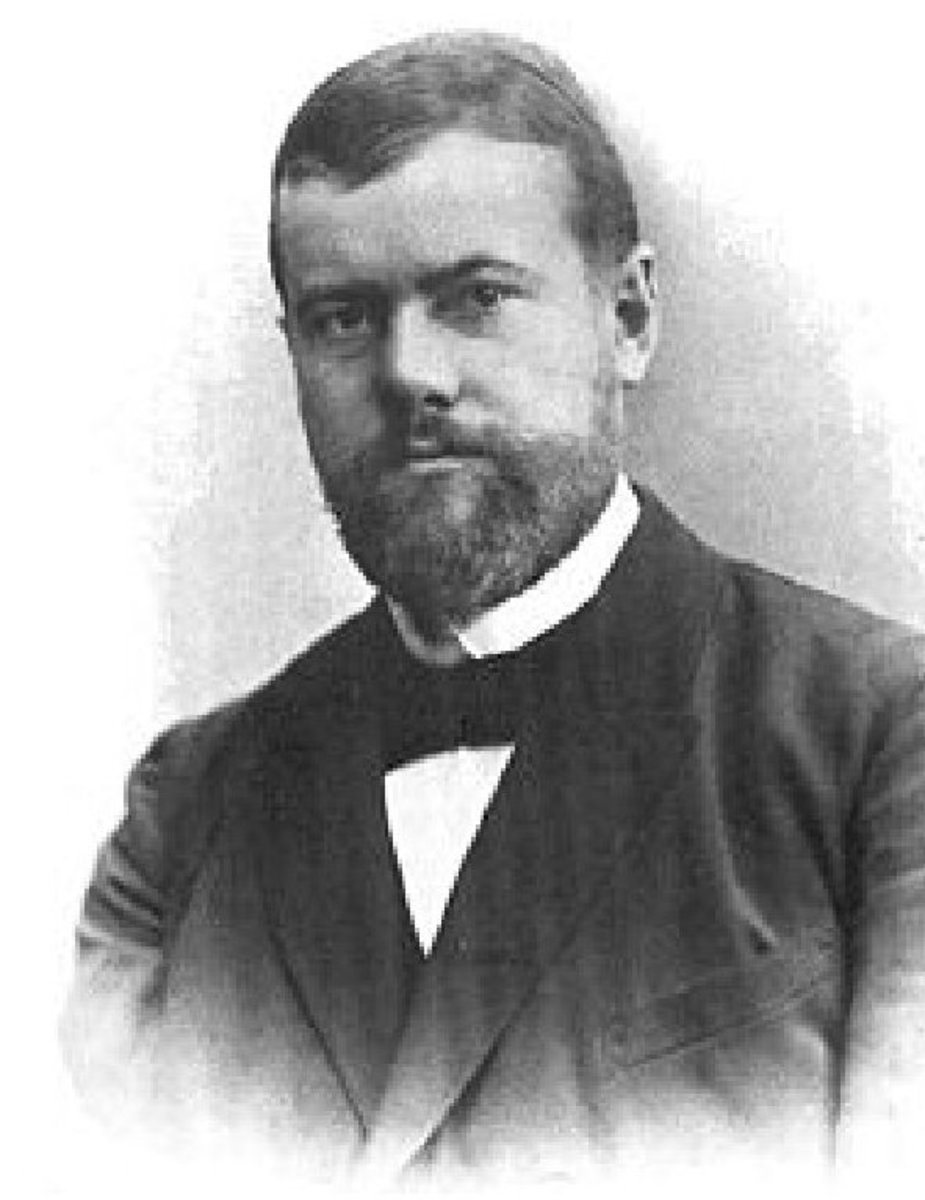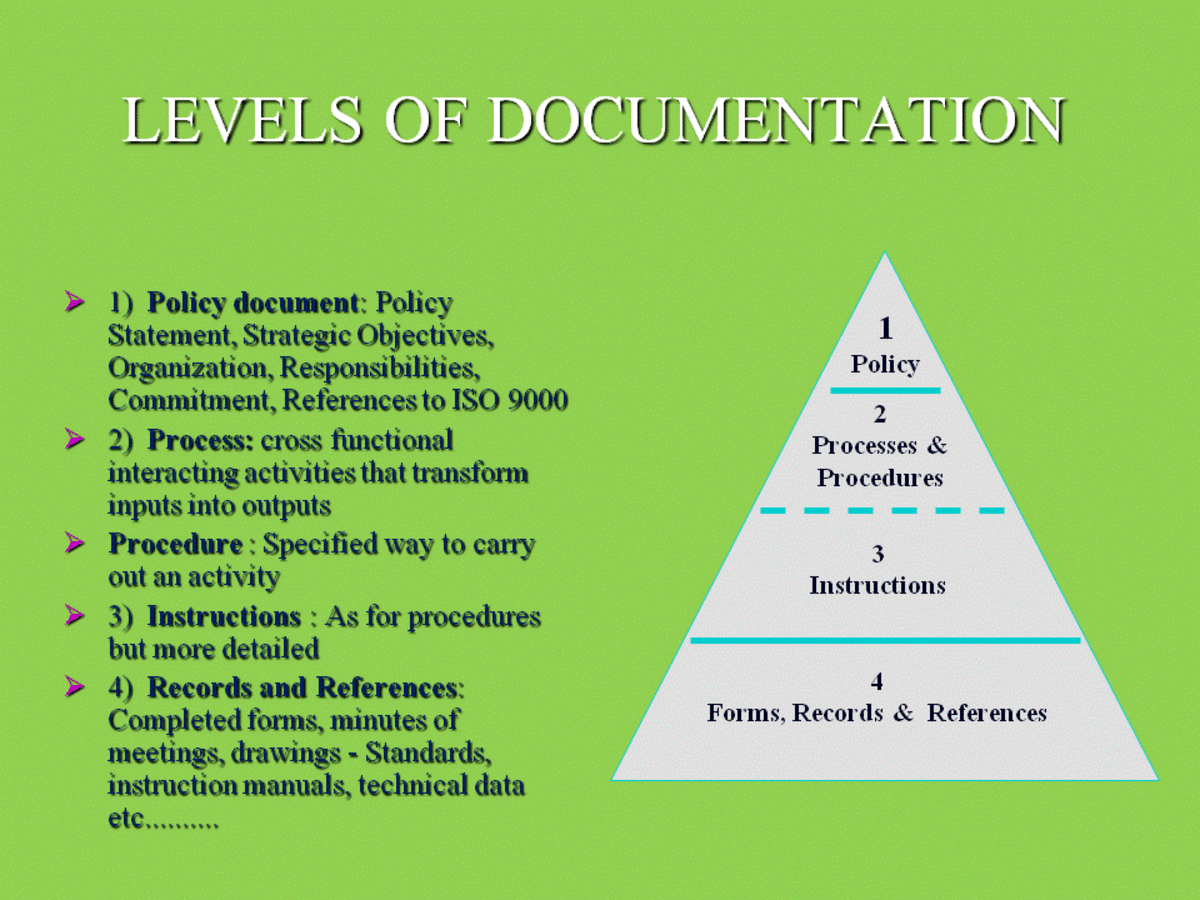What Makes a Good Leader? Learning from Tim Cook, Kobe Bryant, and Jony Ive

The most successful people have this enigma, and in business, they often distance themselves from workers tasked with core operations. Entrepreneurs are closer to being brand ambassadors for their companies, rather than being the ones who get their hands dirty in daily operations. Handling yourself in this way is for a good reason, such as not being too tied up in work that you miss the chance to meet potential clients.
Since the top leaders can't find themselves stuck in the day-to-day, they need the help of other good leaders—some smart people whom they can entrust the company with.
Learning from Apple's Tim Cook and Jony Ive
Every thriving entrepreneur needs their very own "Tim Cook" who takes care of everything behind the scenes, ensuring that the business continues to run without a hiccup. Before becoming CEO of Apple, Tim Cook was the operations guy for a very long time. It's not often that operations people become the face of a big company. Tim Cook, though, is a perfect example of someone who succeeded at leading by example.
His democratic leadership style allowed his fellow leaders to become:
- More involved in making decisions
- Encouraged in expressing their thoughts without fear
- Rewarded for sharing their creative ideas
Apple has had the fortune of having talented people take leadership positions. Here's another enigmatic character from Apple's history: Jony Ive
The greatness of Apple's chief designer, Jony Ive
There are business leaders who are great at delegating, but there are others whose greatness in performance just can't be ignored. Before Jony Ive became the SVP for Design at Apple, he was just one of the company's designers. He was simply another employee who got hired because he was great at what he did for living. To say that he was simply 'great' at what he did would be understating the fact, since before he even entered Apple, he was already known as being an exceptional industrial designer. While you can't credit Jony Ive for having the patent of every one of Apple's key products, he was just one of those guys who worked really hard at what he did and eventually became a leader of that unit. If you want to know more about Jony Ive, I highly recommend this awesome book.
Some great performers are so absorbed in their own task (which is often an internal process) that they're unable to let their own example be understood by others in the organization. This is the dilemma faced by a lot of great performers. Great performers are often misunderstood because they're unable to communicate their internal workings to the rest of the team, leading the rest of the team members to despise them rather than support them. Most managers are not usually the most skilled people in the team that they run. But a manager has to possess a great deal of skill to earn everyone's respect. This is why some managers are perceived as being 'bozos' rather than being A-players. It's the great managers who understand the most talented person's inner workings, because they can relate to the person's level of skill.
Resistance to Change
People in a business organization are resistant to change when they've become too comfortable in their own habits at the organization. It's difficult to change an organization's or team's work habits when a level of comfort has existed for so long. But how can an organization improve in this way? The only way to achieve real progress is to get actual feedback from others. And a leader by example comes in being perceived as arrogant because often, this leader by example thinks differently. He doesn't conform to the organization's ingrained habits. He's being perceived as a disrupter, rather than being a team-player. As a leader it's important to identify among your own team members who the real team-players are and who the actual ass-kissers are. And as a leader, it's equally important to not discriminate against the disrupters.
Leaders who are great at leading by example are often seen as disruptive, and hence this can be the main source of resistance from others in the organization. But it's great to know that resistance is often temporary, and if you're persistent, the organization will eventually buy in to your ideas. If the members of the business organization are finally able to perceive the benefit from adapting your ideas and see the real value that your ideas create, then that resistance will eventually fade.
To be a great leader by example, you have to sell others in your organization on your ideas, and that can mean getting out of your comfort zone. You have to make your ideas are appealing to the rest of your organization. You have to make your ideas seem easy to adapt by others. Sometimes, all it takes is to really make your ideas look familiar. You take something the organization members already know, and you pair your ideas with It. It's similar to why vegetarian burgers seem more appealing than eating raw vegetables. People who are not used to eating greens will trust in eating their meat-filled sandwiches. But it doesn't end there - you have to make the vegetarian burger taste like an actual burger to get people eating your burger.
Demanding Greatness Out of Everyone
The leadership qualities that made Kobe Bryant great
Mamba mentality lives on, even after the death of Kobe Bryant for over a month now. Kobe was known as the greatest leader by example in basketball history. It's not just about his workouts that start at four in the morning, or the additional shooting practices after a full NBA game. It's also Kobe's willingness to act on any weaknesses he has. That's why watching game film was one of his best and most favorite hobbies. Watching film of himself play, especially after a loss, enabled him to perceive the weaknesses of his game, detect them with detail, act on them, and make incremental improvements.
For Kobe, improvement was endless. Even after he retired, he found new passions, but all of which were related to basketball. He was coaching what was going to be the greatest women's basketball team for kids. And he was coaching who was going to change the face of women's basketball. And that's why people continue to mourn the loss of Kobe and his daughter. So much good was still left to be given.
You are more likely to be able to demand greatness out of everyone if you've mastered the art of leading by example. Leading by example is not just being great at something to get the people around you to notice. Leading by example is about communicating your ideas to other people as well. If only people weren't that resistant to feedback, we'd have continuous improvement all over the world, in all sectors.
Demanding greatness out of your business organization starts with demanding greatness out of yourself.
© 2020 Greg de la Cruz








